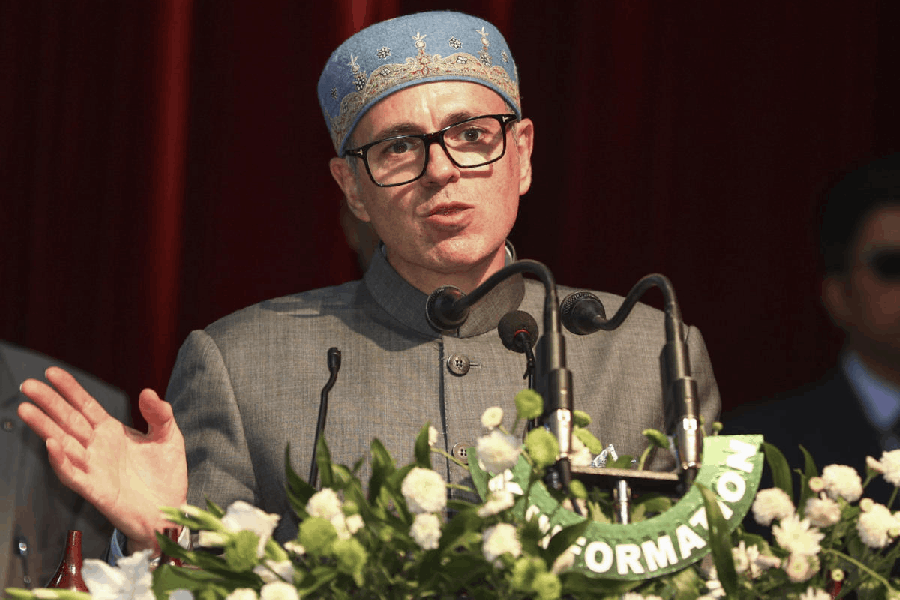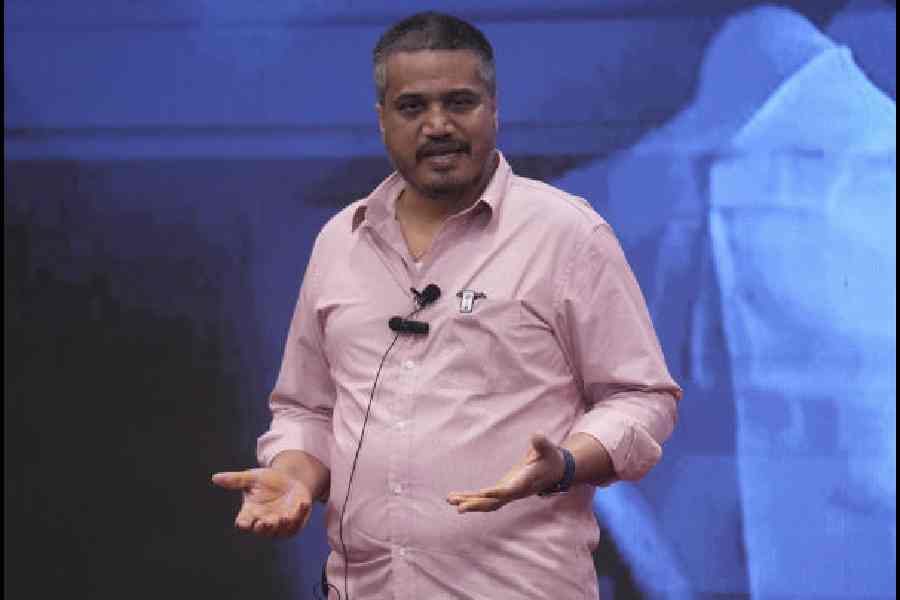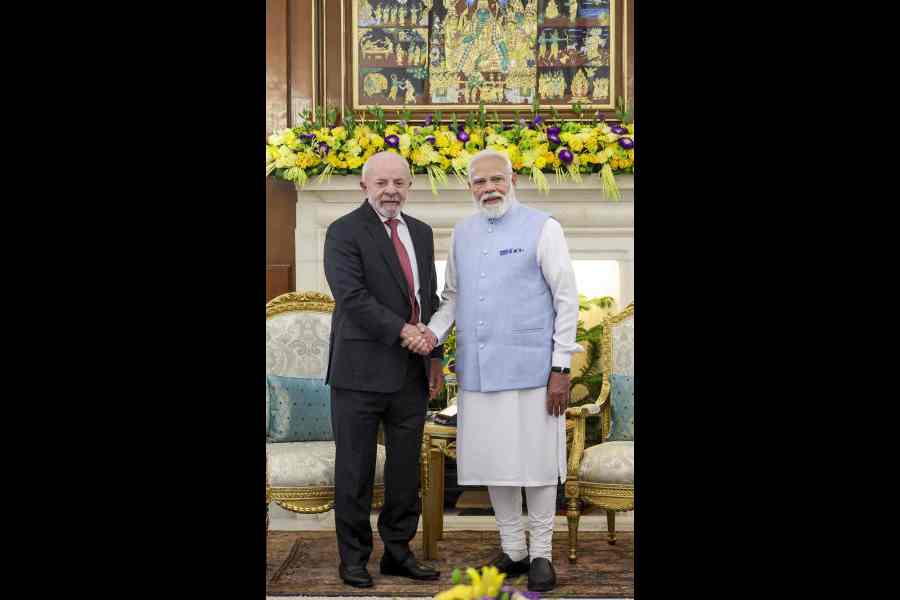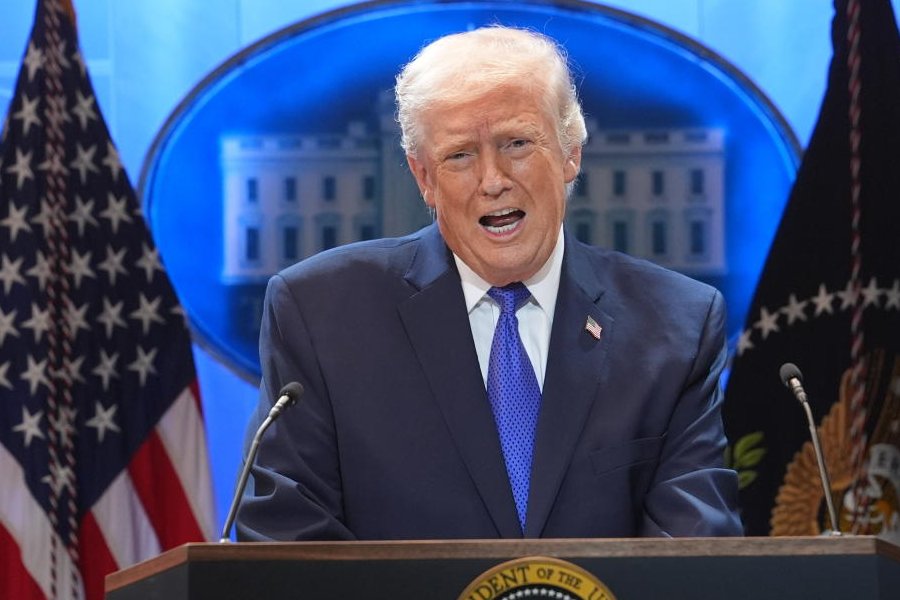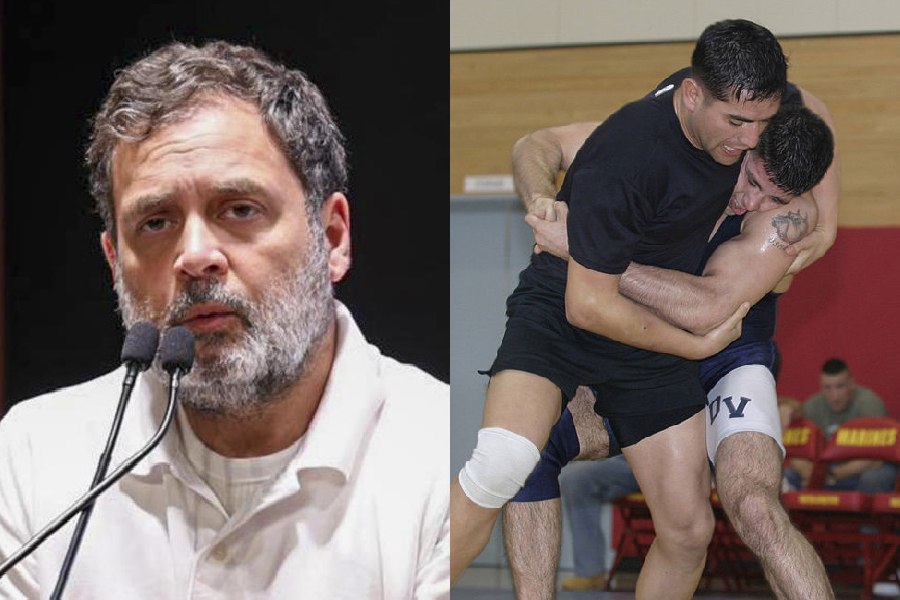Ranchi, Jan. 7: Tattoo fever could be raging in urban hubs, but the designs on tribals in Jharkhand are what caught the eye of filmmaker Viswamohan Virag.
Through his film, Virag has discovered some rare tattoos used by the indigenous populace. He also explored the belief of these people regarding tattoos.
The tribal and the Sadan communities of the state have been using these designs for centuries, he said.
“These tattoos are mostly found on the older women of the communities, though some old men also have them,” said Virag.
He concentrated on the tribal areas of Ranchi, Gumla and Hazaribagh districts to document the traditional tattoos. Several of the tattoos found on rural men and women are significant from a religious point of view.
The tattoo holder considers the designs, often totemic, as “sacred”.
“Flowers are a common shape found on the practitioners. But jawa flower (the young sprout of wheat) is found on most of them,” said Virag.
Scholars pointed out that the tattoo designs vary from group to group in tribal and Sadan communities.
“The Oraons make a tika (point) on the foreheads while the Kharias have three lines on their foreheads. The Sadans carry flowers and jewellery tattoos on their hands, legs and chests,” said Giridhari Ram Ganjhu, a teacher of tribal and regional language at Ranchi University.
The filmmaker has also done an exhaustive study on the process used to make tattoos, especially focusing on the traditional methods that are rarely used now.
Mothers’ milk mixed with kajal makes a fine liquid using which the malar (the person who makes the tattoo) goes ahead to create the design. As many as seven needles are used at the same time to make some tattoos, Virag said.
“The tribals and the Sadans in the region believed that god feels happy with a person who has tattoos. These people believe that as they cannot take material wealth with them after death, the totem designs on them and the tattoos are the only way to take something to life-after-death,” said Virag.
The documentary film has been screened for Gautam Ghosh, a noted Calcutta-based documentary filmmaker.
Virag said Ghosh, who is the chairperson of Eastern India Indian Panorama, has decided to include the film for the festival organised by National Film Development Corporation.





